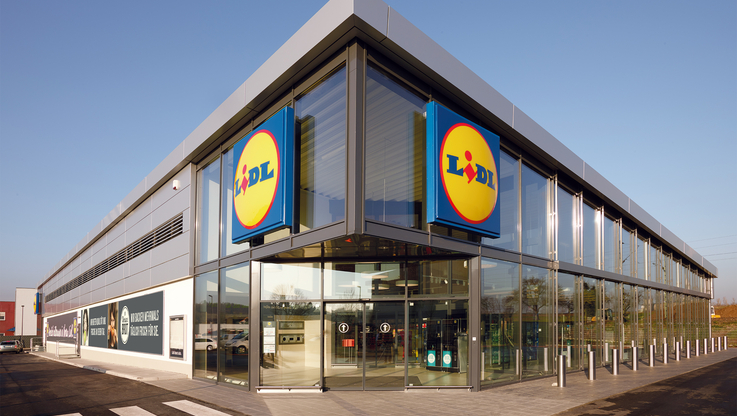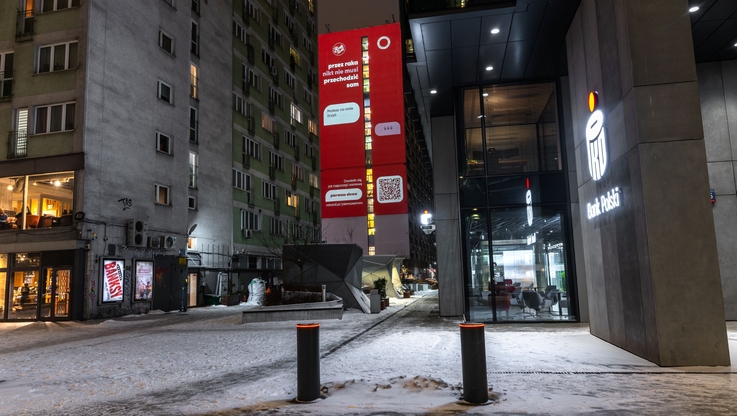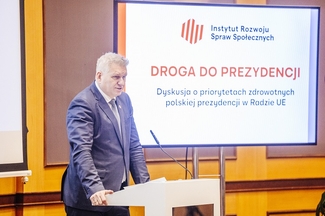Pobierz materiał i Publikuj za darmo
“Currently over 70 percent of European Union residents live in cities, and forecasts point to a further increase in populations of urbanised areas. This poses a significant challenge to local authorities in relation to creating new jobs, in particular in sectors which are attractive for increasingly highly-skilled and well-qualified persons” - as we can read in a Policy Brief devoted to the urbanisation of the continent, prepared by scholars representing ESPON, a programme for the research into the territorial diversity of Europe.
Both in individual Member States and across the entire Community, the calls for the reindustrialisation of the continent are becoming increasingly notable. The coronavirus pandemic confronted business with the problem of supply and price shocks resulting from interrupted supply chains. A growing number of companies - both the ones with a global outreach and smaller enterprises - decide to move their production from Asian countries back to the USA and Europe. This, in turn, provides an opportunity to recreate the industrial sector across the Old Continent.
In early December, the representatives of all 27 EU Member States approved the contents of the Territorial Agenda 2030, defining the actions for strengthening the territorial cohesion, thus ensuring better living conditions for all residents of Europe. The Agenda places emphasis on cities and metropolises, as they are areas with a growing number of new residents.
As ESPON experts explain, the digital transition has totally changed the paradigms regarding the approach to industrial operations. It is not possible, or needed, to return to the traditional industry characterised by the smoking stacks of huge factories.
“European cities are currently moving in the direction of diversified economy which ensures attractive location, the proximity of R&D centres, academic hubs, and state-of-the art transport and logistics infrastructure for entrepreneurs. A vast share of production processes will be held in the virtual space, and “Factories of the 21st century” will need IT specialists, software developers, and highly-qualified engineers in the first place” - assert the authors of the ESPON Policy Brief.
The key to the success of the reindustrialisation plan, included in the Territorial Agenda 2030, is to align it with other EU Policies, i.a., the European Green Deal or Horizon Europe 2021-2027.
“To maintain its competitiveness, Europe must become a perfectly operating technological hub. We know that the global economy will be driven, i.a., by green innovation, whose creation, mastering and application requires close cooperation between business, industry and science. Cities and metropolitan areas of the Old Continent, using the existing infrastructure and excellent access from all parts of the world, may again become world industry leaders” - assert ESPON experts.
Source: PAP MediaRoom
Pobierz materiał i Publikuj za darmo
bezpośredni link do materiału
| Data publikacji | 20.12.2021, 12:20 |
| Źródło informacji | PAP MediaRoom |
| Zastrzeżenie | Za materiał opublikowany w serwisie PAP MediaRoom odpowiedzialność ponosi – z zastrzeżeniem postanowień art. 42 ust. 2 ustawy prawo prasowe – jego nadawca, wskazany każdorazowo jako „źródło informacji”. Informacje podpisane źródłem „PAP MediaRoom” są opracowywane przez dziennikarzy PAP we współpracy z firmami lub instytucjami – w ramach umów na obsługę medialną. Wszystkie materiały opublikowane w serwisie PAP MediaRoom mogą być bezpłatnie wykorzystywane przez media. |







